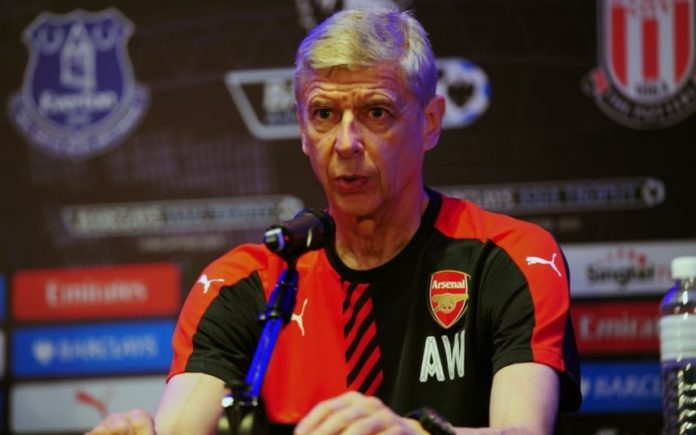After spending three seasons at Manchester United, the prolific striker had his eye on another stint in north London.
Arsene Wenger has revealed that Robin van Persie wanted to return to Arsenal in 2015 but the manager turned down the chance to bring the Dutchman back to north London.
Van Persie became one of the Premier League’s top players under Wenger at Arsenal, scoring 132 goals in 278 games after joining from Feyenoord in 2004.
As the Dutch star’s contract wound down in 2012 he announced that he would not be signing a new deal with the Gunners, causing plenty of dismay among the club’s fans.
To make matters worse, Van Persie would be sold to Arsenal’s rivals Manchester United later that year, where he would go on to win the Premier League in his first season under Sir Alex Ferguson.
Wenger detailed the process that led to the striker’s departure in an excerpt from his new book, “Arsene Wenger: My Life in Red and White”.
“In 2012, he announced his intention not to extend his contract,” Wenger said. “All the big clubs were courting him. I sold him to Manchester United.
“The supporters were angry with me for this but we could not match the offer. I managed to negotiate his departure for £24 million, which was a huge amount at the time for a player with a year left on his contract. I had only the interest of the club in mind.
“My relationship with Alex Ferguson and Manchester United had improved by then, but every transfer is a polite game of poker where you attempt to give not anything away.
“Van Persie had a fantastic first six months at Old Trafford: he put the team on track for the Premiership title and made it even more difficult for us.”
After three seasons at Man Utd, Van Persie was on the fringe of the team and was looking for a way out. He phoned his old manager in the hope of securing a reunion, but Wenger told the striker he was unable to sanction a return.
“After three years of the four that he signed for, he was injured and Ferguson (note: it was actually Louis van Gaal) sold him to the Turkish club Fenerbahce,” Wenger continued.
“He called me because he wanted to come back, but it was impossible: he was at the end of his career and we were investing in young players.”
Goal
